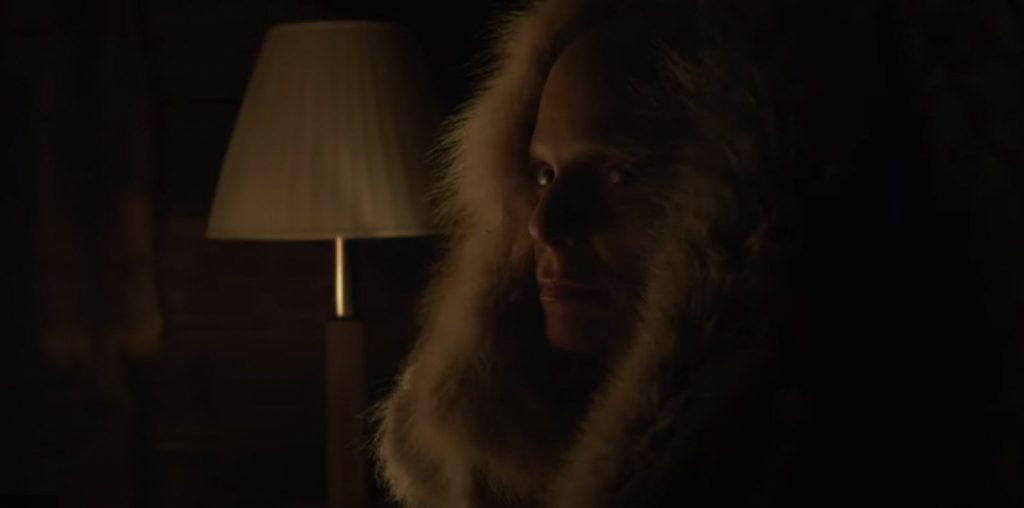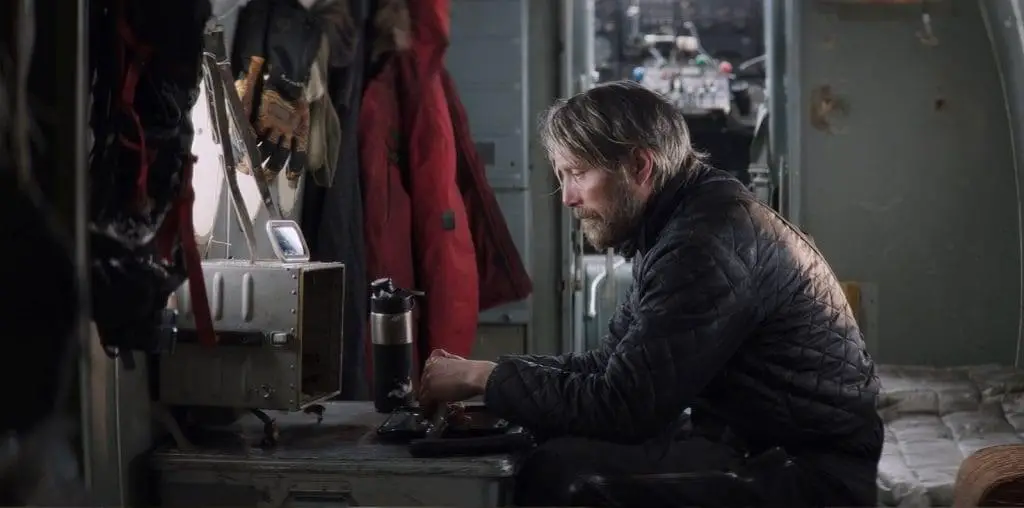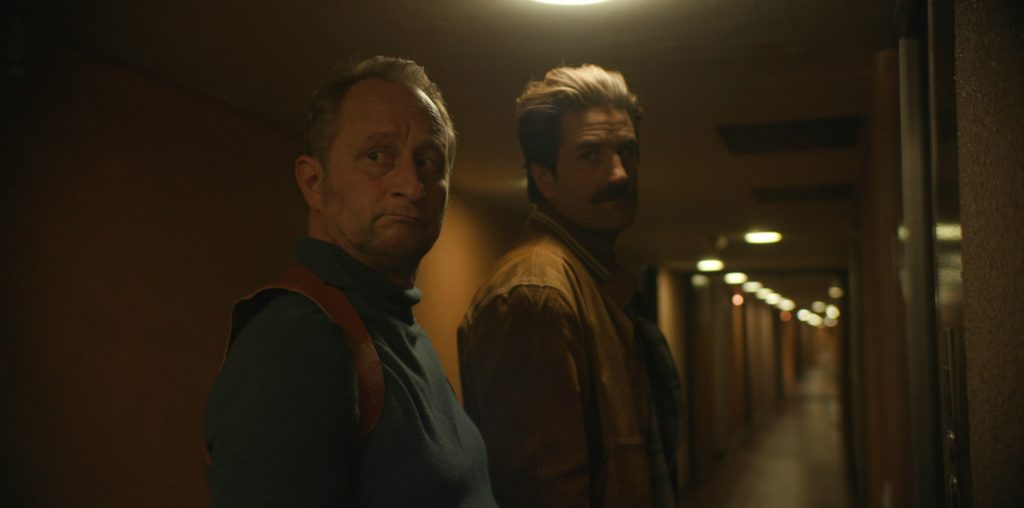
Jane (Katherine Heigl) realized her calling early in life: she’s a doormat. Whether it’s going above and beyond the demands of friendship to run errands for her boss George (Edward Burns) or acting as a bridesmaid in such kick-a*s fashion she’s in two weddings the same night, Jane can’t say no. It’s cute, in a way, that she regards this as a positive character trait, but those of us in the audience recognize this unending series of sacrifices for what it is: a serious mental disorder.
Director Anne “Step Up” Fletcher and writer Aline “The Devil Wears Prada” McKenna don’t present “27 Dresses” in that light, of course. To them, Jane is merely another romantic comedy construct deserving of happiness for all her good deeds, and whose problems will come to an end if she ever meets the right man. But who will be the lucky fellow to shepherd this future psychiatric patient into matrimonial bliss? Will it be the aforementioned George, for whom Jane has been pining these last few years? What about the enigmatic Kevin (James Marsden), the wedding reporter for the New York Tribune who – in a bitterly ironic twist – is as cynical about weddings and true love as Jane is completely enthralled with them. It sounds crazy, but with the arrival of Jane’s selfish supermodel sister Tess (Malin Akerman), who begins romancing the unwitting George, could Jane and Kevin possibly…no, it’s too crazy…end up together?
I’d like to say there are some surprises in “27 Dresses,” or that Fletcher and McKenna have found a way to reinvent the romantic comedy genre, which has been limping along like Verbal Kint for a couple of decades now. Regretfully, this isn’t the case, for not only do they perpetuate the (usually male) assumption that no woman is complete until a man comes along and “makes an honest woman out of her,” but they wheel out every possible trope; from the wardrobe changing montage (in which Heigl gets to model all of the titular dresses) to the obligatory scene where our previously antagonistic principals are forced to spend some time together and subsequently realize the depth of their true feelings for one another (in a bar, drunkenly belting out “Benny and the Jets”). There are glimpses of the wit McKenna displayed in “Prada,” but these brief gasps of life are quickly suffocated by the inevitable schmaltz.
And yet, I’m going to recommend “27 Dresses” for the simple reason that for once I can finally believe these two people belong together. Every time I have to sit through another fluffy love story starring Ben Stiller or Mark Ruffalo, I find myself drawn out of the film…not by the endless succession of clichés, but by my inability to believe that anyone would want to hook up with those goofy looking bastards in the first place. In Marsden, I can finally accept the lie. He and Heigl are so ridiculously attractive I actually wanted completely shut myself off from the world after the movie was over, choosing to manufacture a reality in which these two characters would live on in perfect and utter happiness. Furthermore, they would produce offspring of such dazzling beauty we regular humans would raise them to the level of gods, serving them with humble gratitude and obeying every request without question in the hope of getting a single brief glimpse of their faultless dimples, or a flash of their perfectly straight teeth.
It would all come at a price, of course. Dark machinations would be at work behind all that gleaming enamel and twinkling eyes, as the melodious words emanating from their offspring’s attractive mouths would obfuscate sinister alliances and subterfuges designed to bring about the end of human civilization. Ultimately, the last thing we normal looking folk would hear as the firestorm engulfed us would be the mad cackling of these neo-Aryans as they made our world theirs.
Sorry, what were we talking about again?


